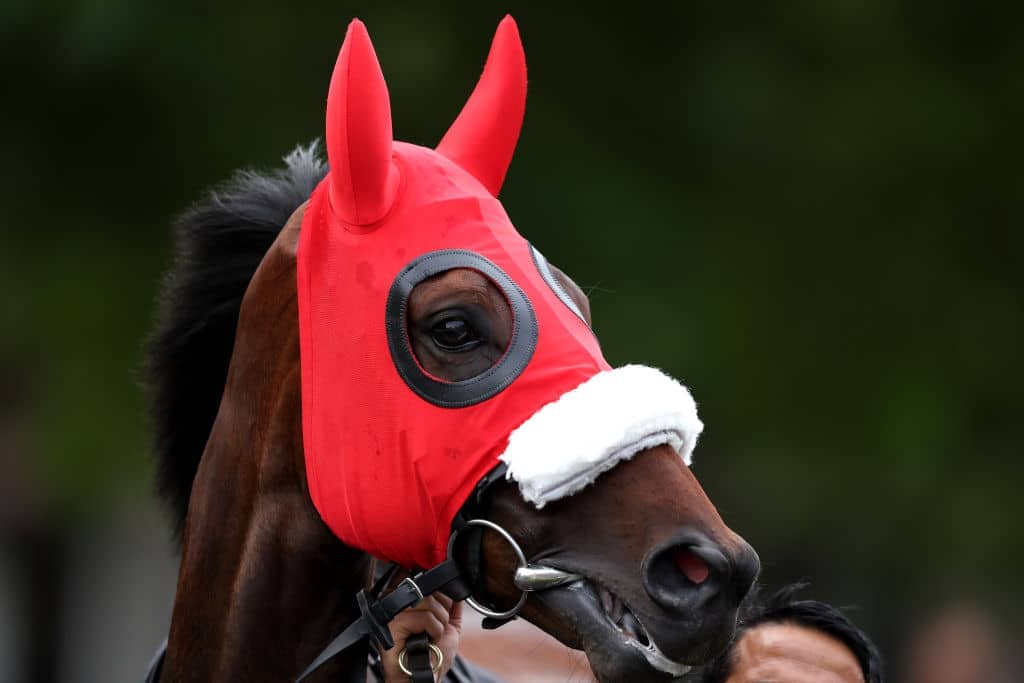Royal Ascot has come and gone: 300,000 racegoers, men in top hats and tails, women in chic outfits and beautiful, or bizarre, millinery, gathered for the highlight of the racing calendar. But beneath the pageantry, all is not well in the world of horse racing.
The sport’s leadership is in disarray. Day-to-day racecourse attendance is plummeting; gambling restrictions are looming; animal rights activists are piling on pressure; funding and prize-money are woeful; some of the best horses are being sold overseas; and the sport is at an increasing competitive disadvantage compared to Australia, the Gulf, Hong Kong and Japan.
For one man in particular, Joe Saumarez Smith, three weeks into his tenure as chair of the British Horseracing Authority (BHA), the sport’s governing body, the next few months are critical. After Ascot, his in-tray is overflowing. The imminent publication of the Gambling Act review, ongoing relations with the government’s Department for Digital, Culture, Media and Sport and betting levy reform are just some of the thorny issues he must tackle.
Dishonesty, self interest and lack of transparency still plague the equine supply chain
But there are deeper problems going right to the heart of the sport’s relevance.

Britain’s best politics newsletters
You get two free articles each week when you sign up to The Spectator’s emails.
Already a subscriber? Log in






Comments
Join the debate for just $5 for 3 months
Be part of the conversation with other Spectator readers by getting your first three months for $5.
UNLOCK ACCESS Just $5 for 3 monthsAlready a subscriber? Log in